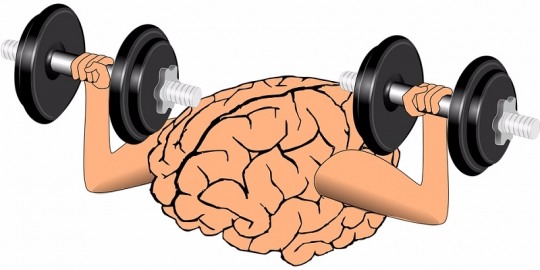
An app was launched to help patients with early dementia by training their brains.
This application, called Game Show, was developed by the University of Cambridge to help improve the patient's memory in the early stages of dementia.
According to a study published in an international journal on neuropsychiatric drugs, the app was tested on patients with mild cognitive impairment (aMCI).
Mild cognitive impairment is an intermediate stage between healthy aging and dementia. Dementia is characterized by everyday memory impairment and motivation problems. Currently, there is no approved drug treatment for patients in this condition.
The app is eye-catching with a cognitive training package for aMCI patients. This memory game at Cambridge University is available through the PEAK, a brain training app in the App Store and Google Play.
Researchers at the University of Cambridge's Department of Psychiatry, Clinical Neuroscience, and Behavioral Neurology and Clinical Neuroscience Labs tested the effect on cognition and motivation of 42 cognitive impaired patients with this app.
Participants played the game on the iPad. In the game, the player must associate different geometry patterns with different positions per round according to the game show format. If you answer the answer, you will get gold coins.
The round continues until you are done or until you submit an incorrect answer six times or more. The more the player clears the round, the more the geometric pattern becomes.
It adapts the difficulty of the game to the performance of the individual and motivates them and helps people continue to try the game. The game show host is responsible for maintaining and continuing the last level played by the player.
According to the results of the experiment that took place for 4 weeks, 8 times in total, 1 hour in each case, and 3 times less in incorrect answers. Respectively.
Patients who ran the app properly remembered where they had more information. They also remembered more complex visual information after training. Professor Barbara Sahakian, co-inventor of the game, said the patient's confidence and subjective memory increased as she played the game.
"Patients were interested in the game and found the motivation to keep training for more than eight hours," said Dr. George Savrich, a senior scientist.
He said he hopes these results will have a positive impact on future research on healthy aging and mild Alzheimer's disease.
The design of the game show is based on research published at the University of Cambridge's Sahakian Institute. The study was funded by pharmaceutical companies Janssen Pharmaceuticals / J & J and Wellcome.
![[Parenting] App launches to help patients with early dementia parenting app launches to help patients with early dementia](https://moontore.com/wp-content/uploads/2019/02/parenting-app-launches-to-help-patients-with-early-dementia-1200x700.jpg)


